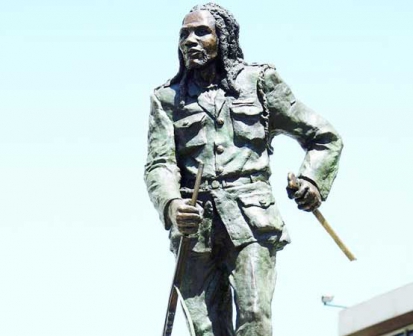×
The Standard e-Paper
Join Thousands Daily

New evidence documenting the trial of Dedan Waciuri Kimathi indicates the field marshal’s quest for justice in a colonial court was set up to fail and subsequent appeals against a death sentence had little chance of success.
The trial and appeal were mired in contradictions as witnesses gave conflicting accounts of how and where Kimathi was arrested. His own testimony and witnesses did little to sway the court, despite a passionate argument by himself and his lawyer.